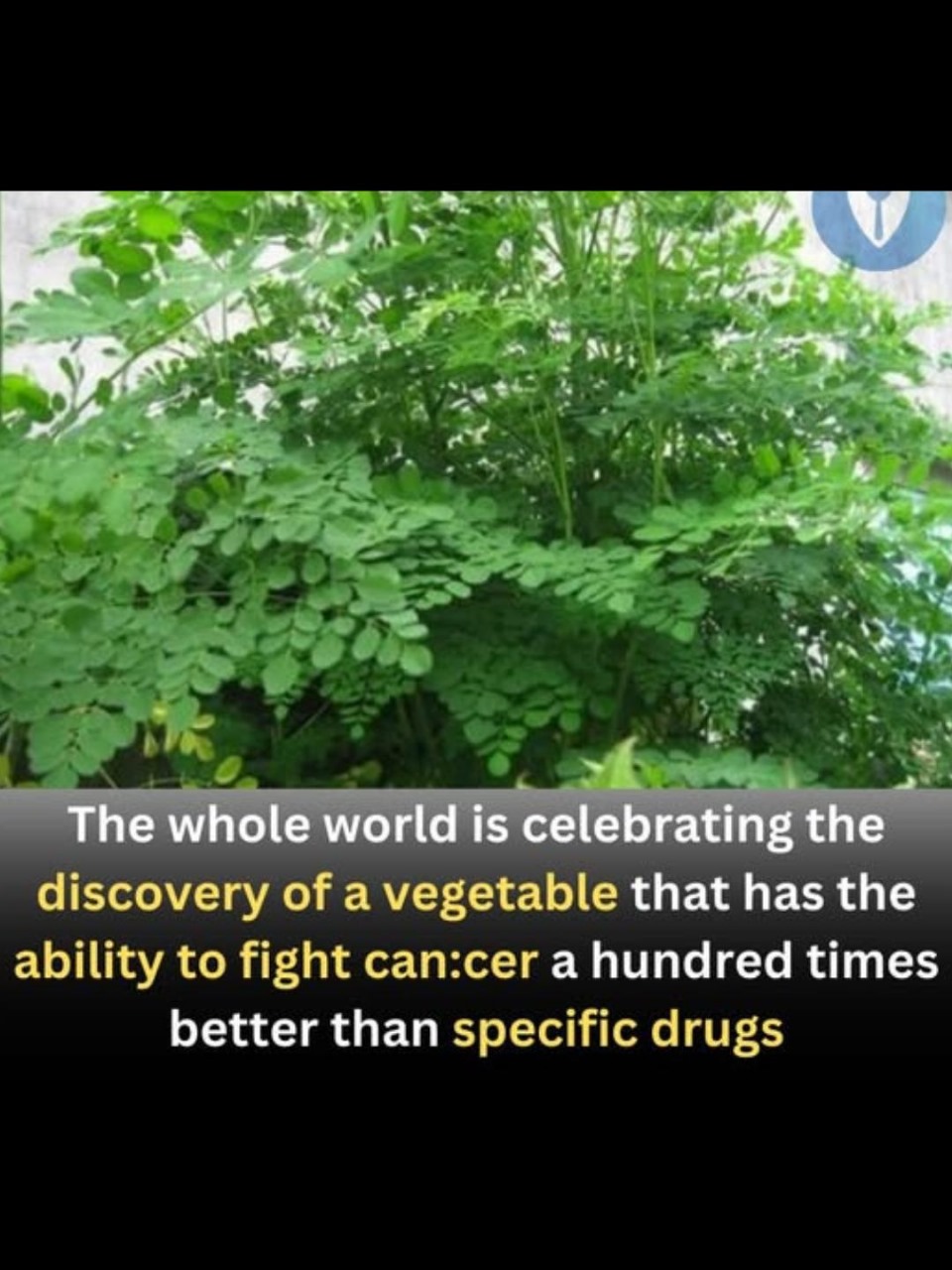In a world where we’re constantly searching for foods that can truly make a difference in our health, one leafy green is quietly stealing the spotlight: watercress .
This peppery, nutrient-dense vegetable isn’t just another salad topping — it’s a powerhouse of anti-cancer compounds , antioxidants, and essential vitamins that support everything from immunity to metabolic health.
Recent research published in The British Journal of Nutrition has reignited global interest in this ancient green — showing that eating just 100g of watercress daily can significantly reduce DNA damage linked to cancer risk.
Let’s explore why watercress deserves more than just a supporting role in your meals — and how this tiny green could pack a big punch for disease prevention.
What Is Watercress?
Watercress (Nasturtium officinale ) is a semi-aquatic plant known for its sharp, mustard-like flavor and impressive nutritional profile.
Commonly found in streams and cool, flowing water, watercress has been used for centuries in traditional medicine across Europe and Asia.
Rich in vitamin C , vitamin A , and vitamin KFresh watercress delivery
Packed with B vitamins (B1, B2)
Loaded with iron, calcium, magnesium, zinc, and potassium
High in fiber and phytochemicals
Unlike most greens, watercress stays fresh year-round and thrives in both raw and cooked forms — making it incredibly versatile in the kitchen.
Why Scientists Are Calling It a “Cancer-Fighting Green”
One of the most exciting discoveries about watercress lies in its unique ability to release isothiocyanates (ITCs) — natural compounds that have shown strong potential in slowing cancer growth and preventing metastasis .
When you chew watercress, an enzyme called myrosinase converts glucosinolates into active ITCs — compounds that:Vegetable garden starter
Inhibit tumor growth
Prevent angiogenesis (the formation of new blood vessels that feed tumors)
Trigger apoptosis (programmed death of abnormal cells)
Reduce DNA damage caused by environmental toxins
A groundbreaking study conducted in the UK followed participants who added 100g of raw watercress to their daily diet for eight weeks. The results were remarkable:Salad bowl recipes
Reduced DNA damage in white blood cells
Increased blood levels of antioxidants
Improved overall cellular protection
Dr. Nicholas Perricone, a leading voice in functional nutrition, calls watercress a “beauty and brain superfood” — but now, science is proving it may be even more powerful as a natural defense against cancer .
SEE NEXT PAGE
ADVERTISEMENT

